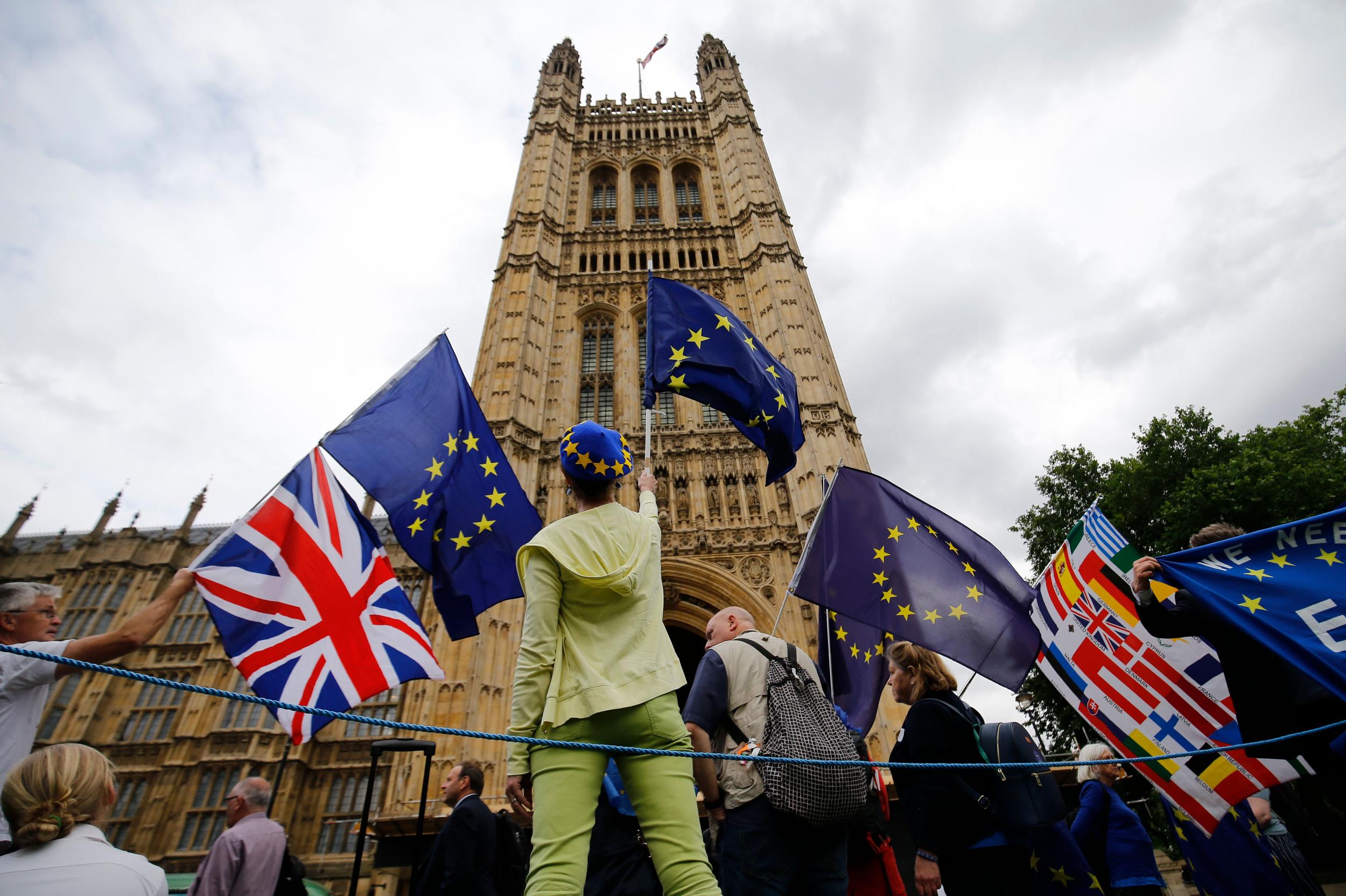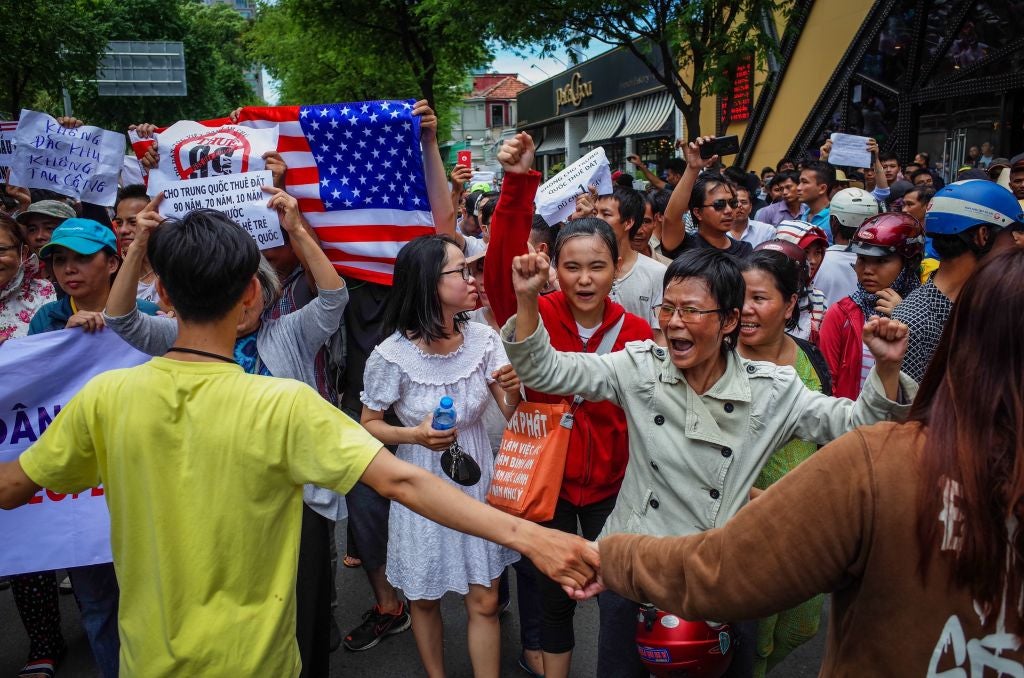Majority of people living in democracies don’t believe governments work in their interests
64 per cent of respondents from Democratic societies say they 'rarely' or 'never' feel that their government is acting in the public's interest

Your support helps us to tell the story
From reproductive rights to climate change to Big Tech, The Independent is on the ground when the story is developing. Whether it's investigating the financials of Elon Musk's pro-Trump PAC or producing our latest documentary, 'The A Word', which shines a light on the American women fighting for reproductive rights, we know how important it is to parse out the facts from the messaging.
At such a critical moment in US history, we need reporters on the ground. Your donation allows us to keep sending journalists to speak to both sides of the story.
The Independent is trusted by Americans across the entire political spectrum. And unlike many other quality news outlets, we choose not to lock Americans out of our reporting and analysis with paywalls. We believe quality journalism should be available to everyone, paid for by those who can afford it.
Your support makes all the difference.A majority of people living in Democratic societies do not believe their governments are working in the public’s interests, according to a new report.
The survey, titled Democracy Perception Index 2018 and published by the German polling firm Dalia Research, reveals nine of the 10 nations in which respondents say their voices are “rarely or never heard” feature free societies. Sixty-four per cent of respondents from Democratic societies also say they “rarely” or “never” feel that their government is acting in their interest, compared to 41 per cent of respondents from non-Democratic nations.
“While citizens in democratic societies might be inherently more critical of their government than those living in non-democratic societies, perception is often as important as reality, and therefore the implications of the findings remain relevant and insightful,” Dalia Research said in a statement.

Dalia Research surveyed 125,000 respondents across 50 countries, using the US-based organisation Freedom House’s index to determine which nations were considered “free,” “partly free” or “not free.” While most western nations are labelled as having free societies, countries like Saudi Arabia, Egypt, Turkey and China are not.
Four of the five nations in which the largest majority of respondents said their governments were not acting in the interest of the public feature free societies (Austria, Portugal, Sweden and Denmark), while just one is labelled “partly free” (Kenya).
Meanwhile, 46 per cent of respondents in non-Democratic societies said their voices “rarely” or “never” mattered in politics, compared to 54 per cent of respondents from Democratic societies.
“Right now the biggest risk for democracies is that the public no longer sees them as democratic,” Nico Jaspers, CEO of Dalia Research, told Reuters.
The report detailing the potential public faith crisis arrives on the heels of the Copenhagen Democracy Summit, an international program dedicated to strengthening global democracies and their alliances.
Join our commenting forum
Join thought-provoking conversations, follow other Independent readers and see their replies
Comments